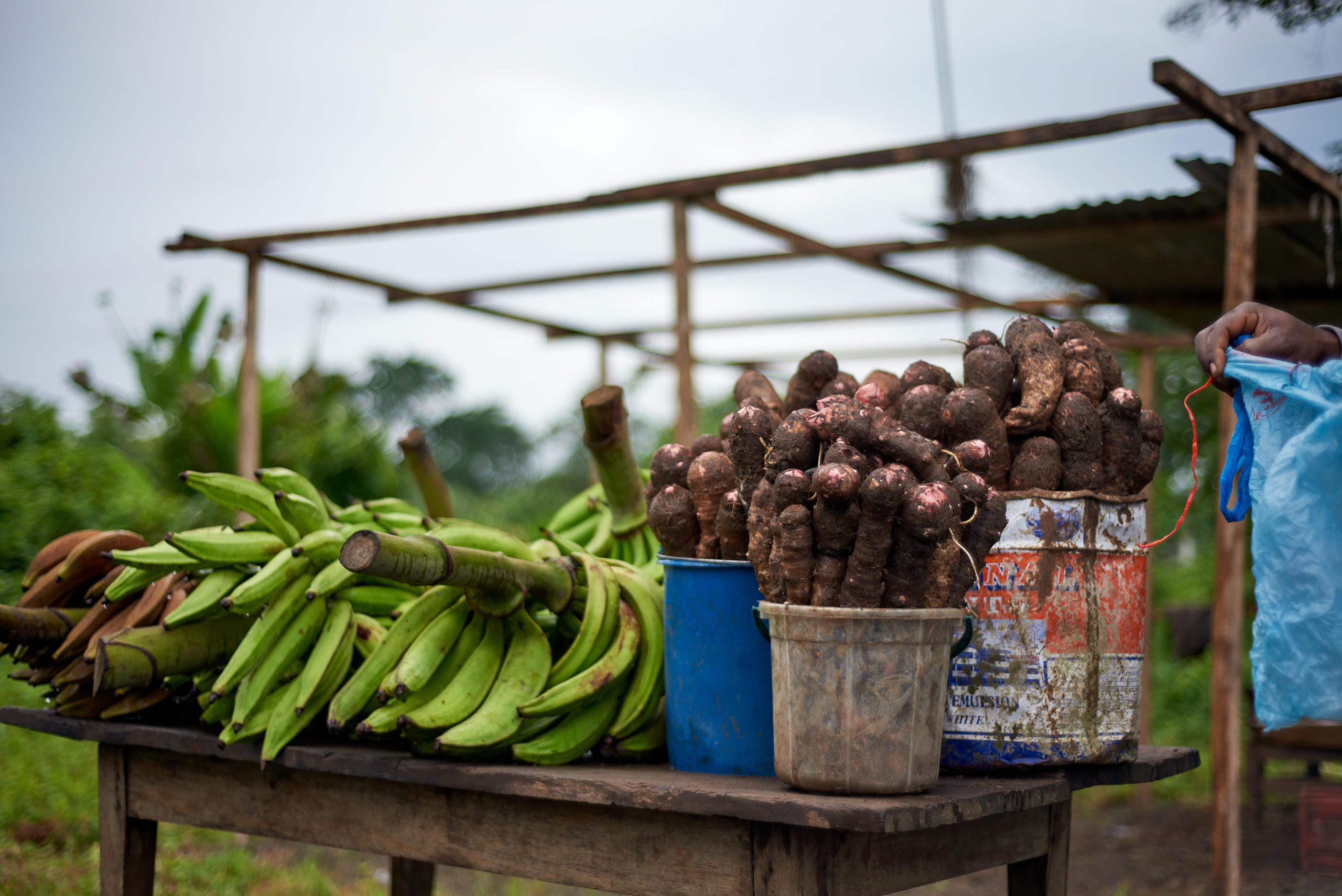
Data-Pop Alliance is looking for a Research Consultant in Equatorial Guinea. We are an international nonprofit created in 2013 out of the Harvard Humanitarian Initiative (HHI), the MIT Media Lab and ODI. We bring together researchers, experts, practitioners, and activists to change the world with data through three pillars of work: diagnosing local realities and human problems with data and AI; mobilizing capacities, communities, and ideas towards more data literate societies, and transforming the systems and processes that underpin our societies and countries.
Location: Remote work, based in Equatorial Guinea.
Reporting to the Project Manager, the Research Consultant in Equatorial Guinea will support with the production of a series of evaluation reports in the country through the following key responsibilities:
Scope of Work
- Research (60%)
- Support the research to develop an Analytical Desk Review and Assessment Report
- Support the drafting of the Voluntary National Report (INV) and Leave No One Behind (LNOB) report.
- Lead interviews and stakeholder mapping exercises among key representatives from the public sector, civil society, and private enterprise. Existing knowledge of these networks is an asset.
- Co-develop the methodology for qualitative data collection of the project.
- Data Collection (40%)
- Organize and lead focus groups, key informant interviews (KIIs) or other data collection exercises.
- Support the analysis of the qualitative data collected and provide key contextual insights.
Profile/Qualifications
- 3 to 5 years of experience in research (qualitative and quantitative data) and data analysis.
- Demonstrated experience in social science research, data-driven research methods, development, and related fields.
- Demonstrated experience conducting qualitative data collection.
- Demonstrated experience moderating meetings and conducting interviews with high level officials in the government, private sector and or civil society sectors.
- Desired master’s degree in international development, social sciences or related fields.
- Proficiency using Microsoft packages, Stata (mandatory as most of the datasets will use this program), and knowledge on R or Python are highly desirable.
- Proficiency in NVivo or other qualitative data analysis tool.
- Fluent in Spanish. Proficiency in English and French are a plus.
- Knowledge, working experience and interest in the sustainable development field.
- Ability to travel within Equatorial Guinea to conduct in-person interviews and focus group sessions, as needed.
- Strategic vision on the role of data and technology for development.
- Proven ability to work in highly paced diverse work environments.
- Proven ability to work remotely.
- Proven ability to engage with senior public officials.
- Ability to work with people from different cultural backgrounds.
- High interpersonal, communication, solving-problem and adaptability skills.
Remuneration
Competitive based on experience.
Recruitment process
Qualified candidates are requested to submit a CV and a Cover Letter to jobs@datapopalliance.org with the subject line “Local Consultant – Equatorial Guinea” by December 17th, 6:00pm EST. Please include in the body of the email:
- 3 references.
- Salary expectation.
Please be aware that any submission that does not comply with the requirements will not be considered. Also, rename each document you’ll submit with your name, the position and the type of document you are submitting. Ie. FIRSTNAMELASTNAME_Local Consultant F036_CV
Equal opportunity
Data-Pop Alliance employs personnel without regard to race, ancestry, place of origin, color, ethnic origin, language, citizenship, creed, religion, gender, sexual orientation, gender identity, age, marital status, physical and/or mental handicap or financial ability. While remaining alert and sensitive to the issue of fair and equitable treatment for all, Data-Pop Alliance has a special concern with the participation and advancement of members of four designated groups that have traditionally been disadvantaged in employment: women, visible minorities, aboriginal peoples and persons with disabilities.



